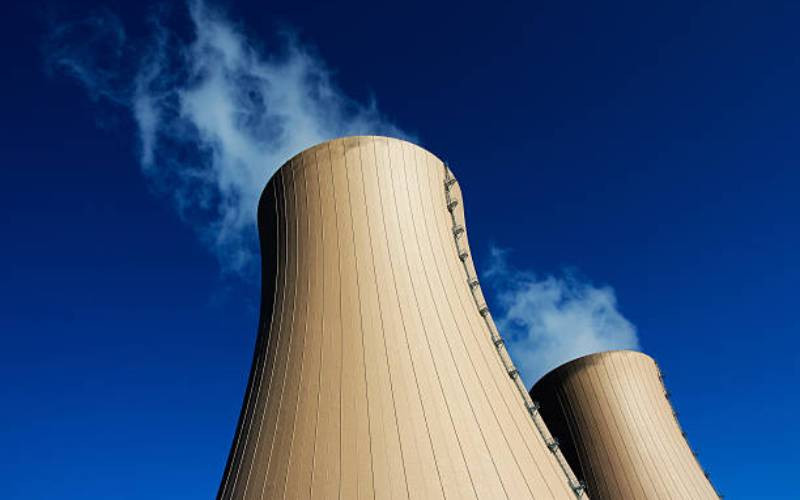×
The Standard e-Paper
Stay Informed, Even Offline

Perceptions on nuclear use and safety, handling of nuclear waste, political instability, and the initial capital outlay count against its adoption on the continent. [iStockphoto]
Scientists have urged African countries to adopt nuclear energy on the strength of their low carbon footprint and baseload power or ability to operate continuously and reliably, regardless of weather conditions or time of day.